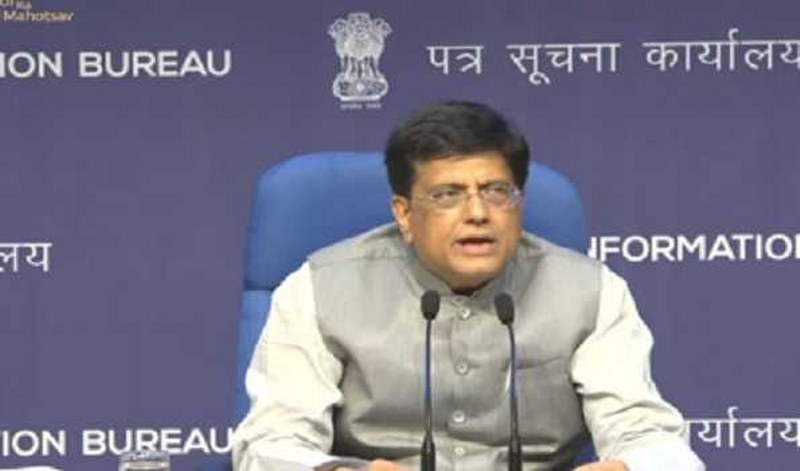 MSP
MSP
Cabinet approves hike in MSP for kharif crops
New Delhi: The Cabinet Committee on Economic Affairs (CCEA) chaired by Prime Minister Narendra Modi on Wednesday approved a hike in minimum support price (MSP) for Kharif crops for marketing season 2023-24.
Briefing media on Cabinet decisions, Commerce and Industry Minister Piyush Goyal said that the maximum increase in MSP has been approved in the case of Moong Dal.
The MSP for Moong Dal for Kharif marketing season 2023-24 has been raised by 10.4% to Rs 8,558 per quintal.
Goyal noted that the production of pulses in the last four years has increased by about 25% while in the case of oilseeds, the increase has been to the extent of 30%.
In the case of groundnut, the MSP has been raised by 9% for the Kharif marketing season. The MSP for sesamum seed has been raised by 10.3% to Rs 8,635 per quintal.
At Rs 2,183 per quintal, MSP for paddy (common) has been raised by 7%. Paddy-Grade A MSP has been fixed at Rs 2,203 per quintal.
Goyal said that while inflation has been contained, there has been an increase in MSP for various crops to benefit farmers.
As per Third Advance Estimates for 2022-23, total foodgrain production in the country is estimated at a record 330.5 million tonnes which is higher by 14.9 million tonnes as compared to the previous year 2021-22. This is the highest increase in the last five years.
(With UNI inputs)
Support Our Journalism
We cannot do without you.. your contribution supports unbiased journalism
IBNS is not driven by any ism- not wokeism, not racism, not skewed secularism, not hyper right-wing or left liberal ideals, nor by any hardline religious beliefs or hyper nationalism. We want to serve you good old objective news, as they are. We do not judge or preach. We let people decide for themselves. We only try to present factual and well-sourced news.







